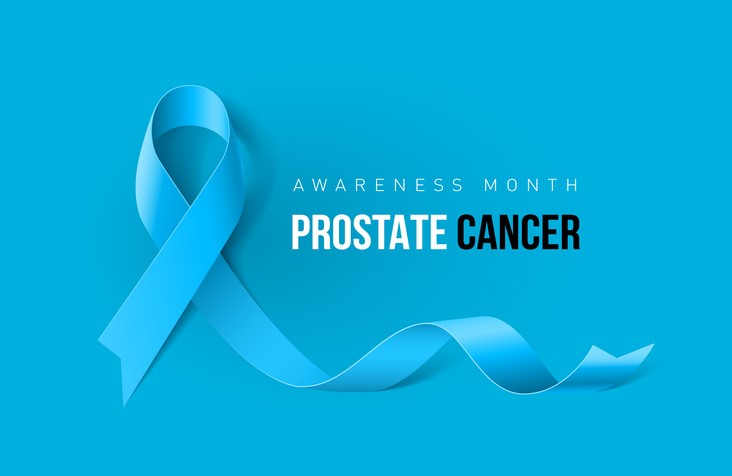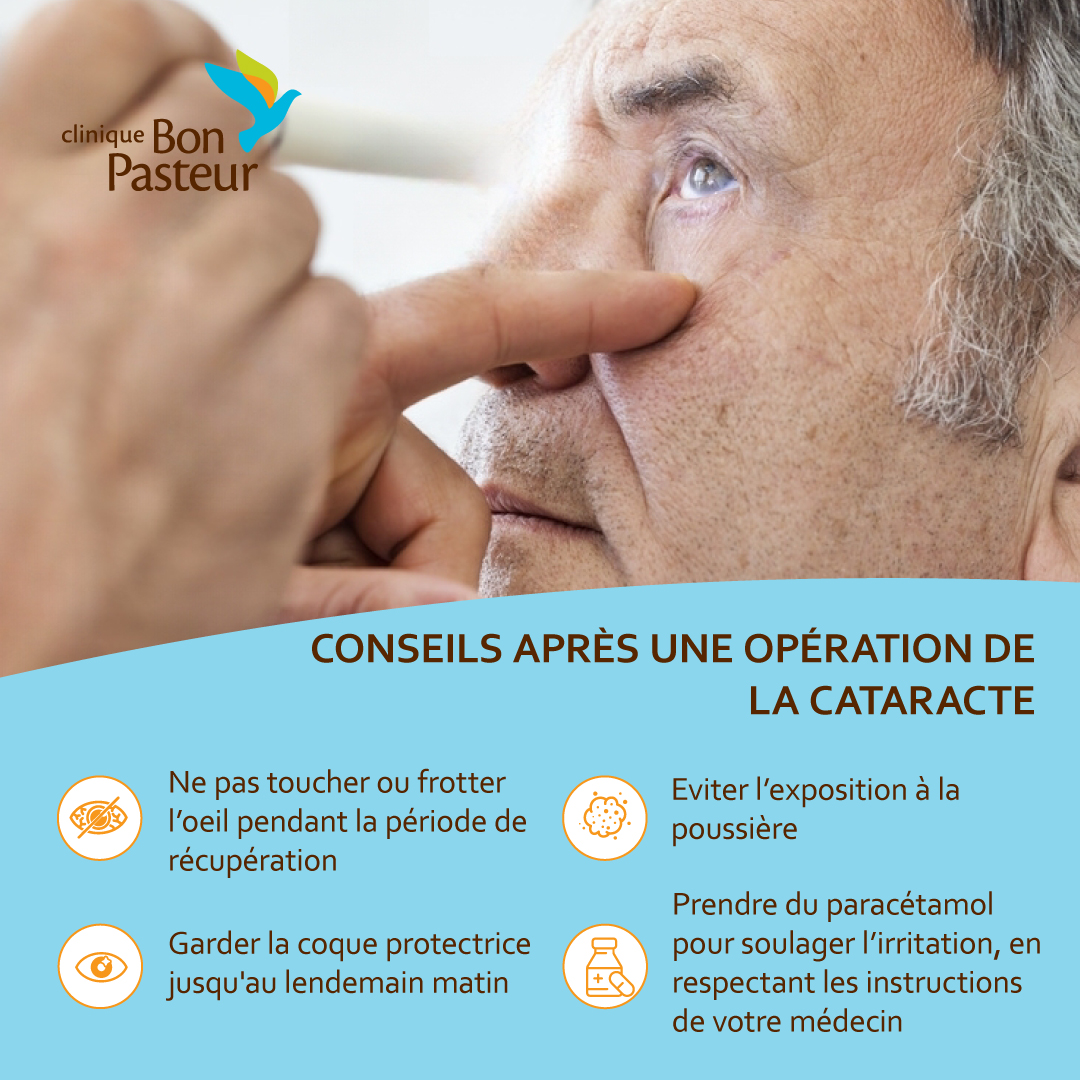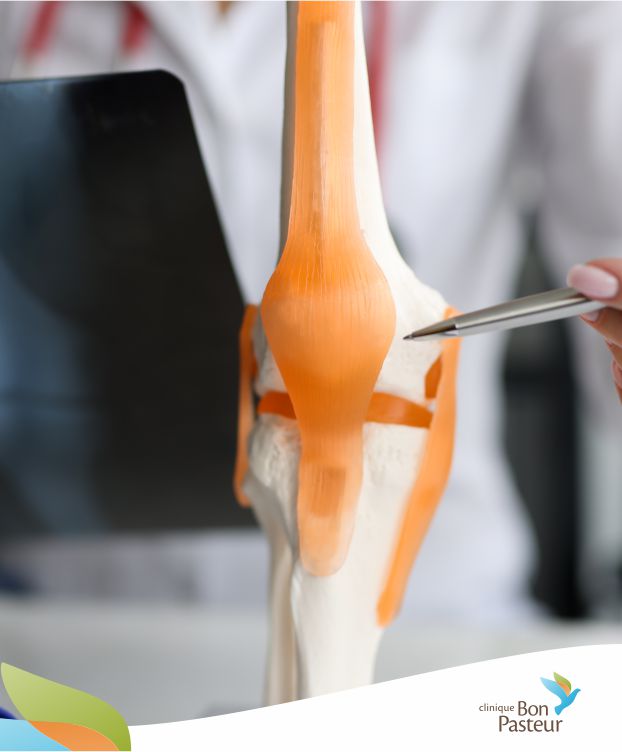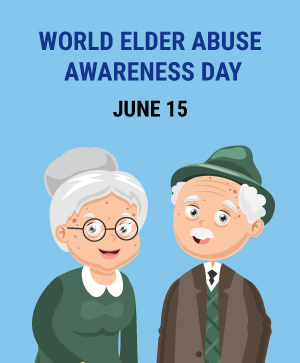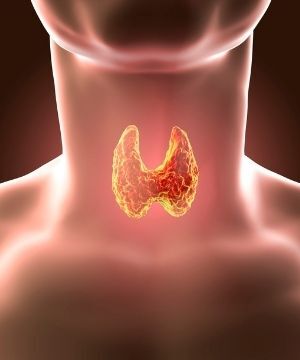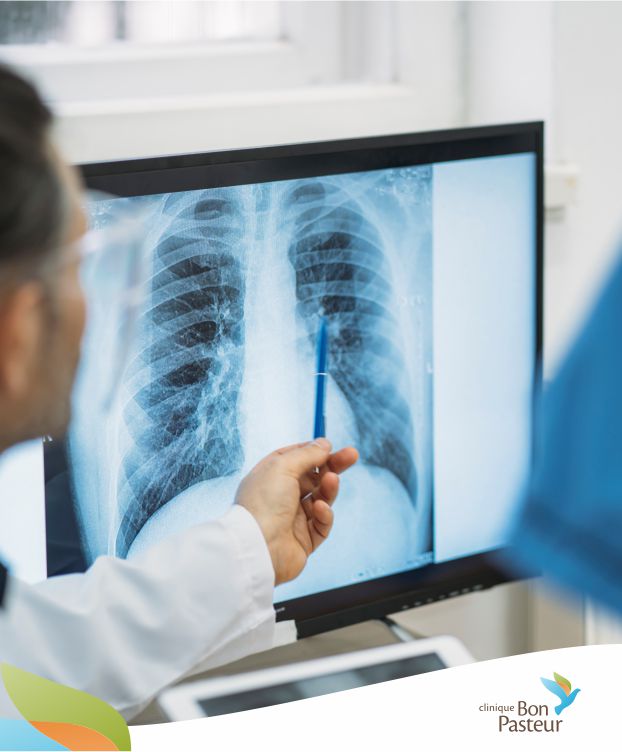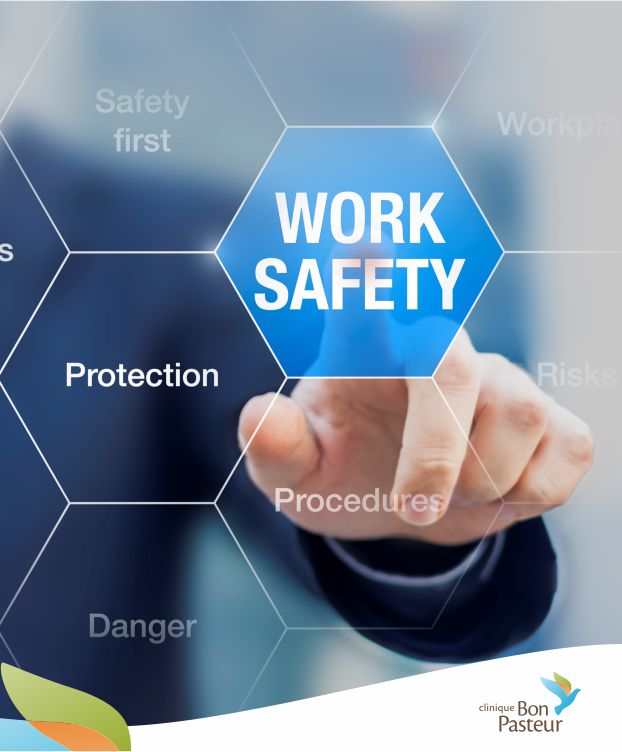When is orthopedic surgery required?
November 3, 2022
Orthopedic surgery
Specialising in the surgical treatment and correction of various deformities and injuries, orthopedic surgery definitely covers a large spectrum. Yet, some of the more common conditions are a daily reality for most self-respecting orthopedic surgeons. We come back on the question with Dr. Panchoo, orthopedic surgeon at the Clinique Bon Pasteur.
What usually leads a person to consult an orthopedic surgeon?
The reasons for consultation in orthopedic surgery are diverse. We treat, for example, osteoarticular injuries, fractures, osteoarthritis, bone deformities, and neck or back pain. In my practice, patients most often come to see me for lower back, neck or shoulder pain, knee osteoarthritis, knee injuries resulting from sports activities, fractures and sprains.
What are the most common reasons for a surgery?
In general, surgery is performed to control pain, to correct deformation and, most importantly, to improve the patient’s quality of life. In orthopedics, we must first make the difference between surgical emergencies and so-called ‘cold’ pathologies – which do not necessarily require an immediate intervention. All emergencies require surgery, and it is up to the orthopedic surgeon to examine the patient and determine if there is an emergency or not.
There are, however, some well-defined indications for surgery. For example, the majority of neck and back pain are due to herniated discs. To treat them, we start with a conservative treatment, which consists in medication, a lot of rest and physiotherapy sessions. In 90% cases, patients respond favourably to this type of treatment. Surgery is only indicated whenever conservative treatment has failed, or in the presence of any neurological deficit.
The same applies to osteoarthritis of the knee and hip: we recommend surgery to such patients, for whom the conservative treatment has not had the desired results, in order to improve their quality of life. Displaced, intra-articular or open fractures usually require surgery.
In such cases, how does the intervention take place?
For fractures requiring surgery, we perform an open reduction, followed by internal fixation with implants. Such may vary and depend on the location of the fracture. For example, a fracture of the forearm will require screwed plates, while an intramedullary nail will be recommended in the case of a femur fracture.
As far as disc hernias are concerned, the surgical procedure is, again, variable and may require a simple discectomy – which consists of removing the hernia to relieve the compression it causes – or a lumbar fusion.
Advanced stages of osteoarthritis of the knee or hip – where some wear and tear due to loss of cartilage has been detected – can be treated by arthroplasty, i.e., the fitting of a prosthetic knee or hip. Such prostheses exist for most joints: shoulder, elbow, wrist, ankle…
For patients with shoulder pain, this most often results from a tearing of the rotator cuff in the elderly, or from instability in younger patients. The surgical treatment consists of arthroscopy: the specialist examines the affected joint using a tiny optical device, which is inserted through a small incision.
Finally, meniscal and ligamentary lesions of the knee can also be treated by arthroscopy, followed by ligament reconstruction.
How does post-operative follow-up work?
Any surgical procedure requires post-operative follow-up. One must understand that surgery obviously involves risks: risks of infection, bleeding, neurovascular deficiency, etc. Monitoring is therefore essential since it helps detect complications early enough, and also keep an eye on the patient’s recovery and progress.
Moreover, rehabilitation holds a very important place in the field of orthopedic surgery. We work closely with physiotherapists to ensure smooth progress in the treatment. They must follow the orthopedic surgeon’s instructions regarding the exercises to be performed and the patient’s mobility.
Are any precautions to be taken following such a procedure?
Once again, every procedure comes with its share of precautions! Depending on the operation and the recommended treatment, the specialist will explain to the patient what actions and precautions to take, so as not to hinder the smooth running of the post-operative follow-up.
One thing is certain: in most cases, extensive rest is prescribed! With the patient’s well-being in mind, the orthopedic surgeon will then advise on resumption of work or sports activity.
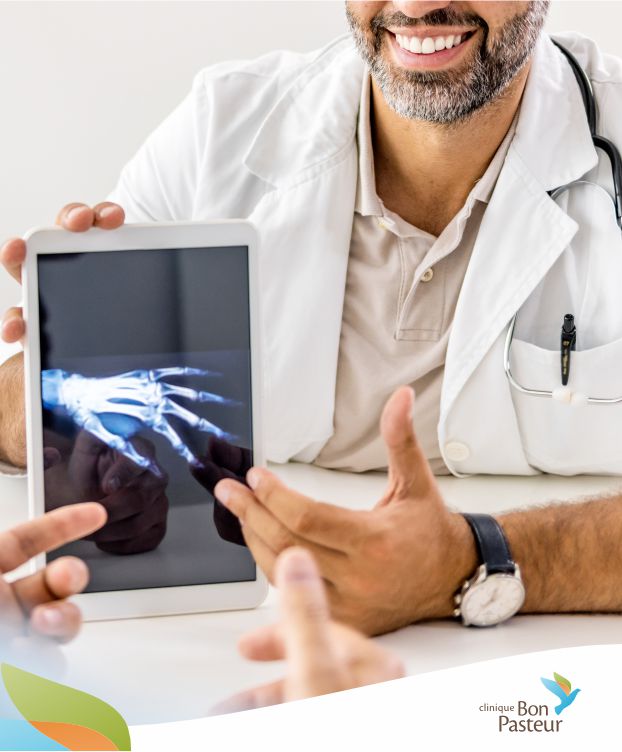
Related Article
